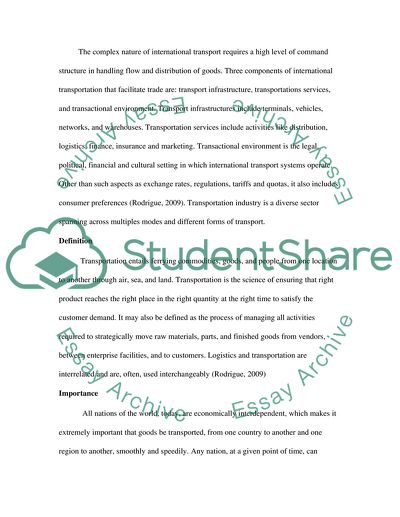Cite this document
(International Transport Systems in Facilitating International Trade Assignment, n.d.)
International Transport Systems in Facilitating International Trade Assignment. Retrieved from https://studentshare.org/politics/1723560-international-transport-system-the-role-of-international-transport-systems
International Transport Systems in Facilitating International Trade Assignment. Retrieved from https://studentshare.org/politics/1723560-international-transport-system-the-role-of-international-transport-systems
(International Transport Systems in Facilitating International Trade Assignment)
International Transport Systems in Facilitating International Trade Assignment. https://studentshare.org/politics/1723560-international-transport-system-the-role-of-international-transport-systems.
International Transport Systems in Facilitating International Trade Assignment. https://studentshare.org/politics/1723560-international-transport-system-the-role-of-international-transport-systems.
“International Transport Systems in Facilitating International Trade Assignment”, n.d. https://studentshare.org/politics/1723560-international-transport-system-the-role-of-international-transport-systems.


